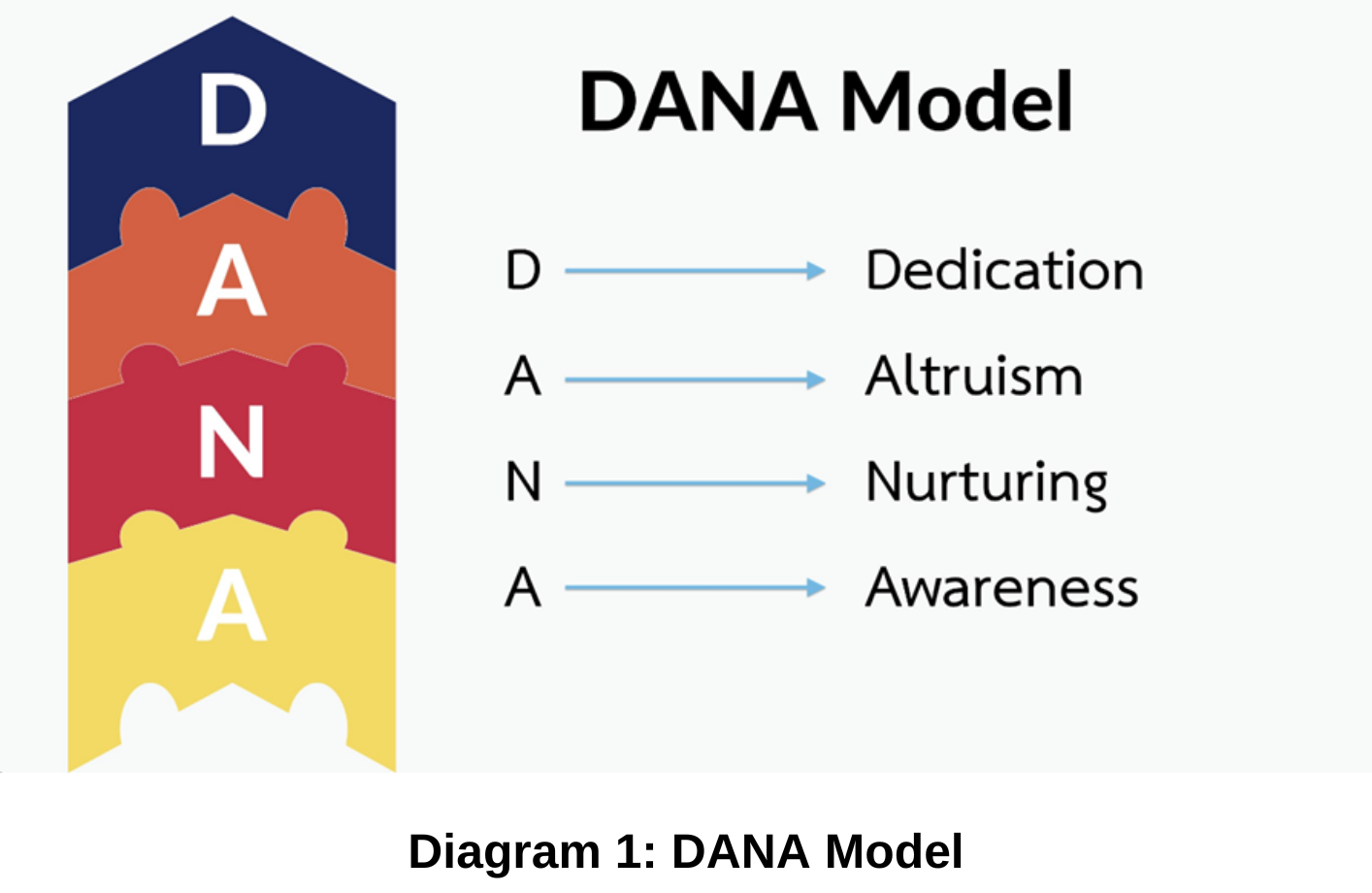Business Administration Based on the Practice of Dana Parami
Keywords:
Business, Administration, Business Administration, Dana ParamiAbstract
This academic article aimed to explore the meaning of Dana Parami within the context of Theravada Buddhism, analyze the ethical concepts related to business administration, and synthesize a conceptual framework called the “D.A.N.A. Model” for organizational management centered on the principle of giving. Dana Parami, regarded as the foundational perfection among the ten perfections (Paramis) of a Bodhisattva, referred to the act of giving with pure intention for the benefit of others, without expecting anything in return. This concept was found to be applicable to the business world through the development of socially responsible organizations that focused on creating shared value with stakeholders and were driven by ethical leadership. The author proposed various levels of applying Dana Parami, ranging from material giving, the sharing of knowledge (Dhamma), to the practice of forgiveness. A new body of knowledge was synthesized, linking the principle of Dana Parami with contemporary management theories. The article suggested that business administration based on Dana Parami not only fostered a culture of compassion and selflessness within organizations but also served as a transformative process from the pursuit of profit to the sustainable development of quality of life for executives, employees, and society at large. Ultimately, the study offered a pathway toward sustainable and equitable business practices.
References
พระมหาพงศ์ศิริ ปญฺญาวชิโร. (2566). วิเคราะห์ทานบารมีในคัมภีร์อรรถกถาชาดก. วารสารมนุษยศาสตร์ มหาวิทยาลัยมหาจุฬาลงกรณราชวิทยาลัย, 10(1), 63–73.
พระมหาพงศ์ศิริ ปญฺญาวชิโร. (2564). วิเคราะห์ทานบารมีในคัมภีร์อรรถกถาชาดก. วารสารมนุษยศาสตร์และสังคมศาสตร์, 4(1), 63-73.
พุทธทาสภิกขุ. (2543). พุทธธรรมในฐานะจริยธรรมสากล. กรุงเทพฯ: ธรรมสภา.
มหามกุฏราชวิทยาลัย. (2534). พระไตรปิฎกพร้อมอรรถกถา แปล ชุด 91 เล่ม. กรุงเทพมหานคร : โรงพิมพ์มหามกุฏราชวิทยาลัย.
Bass, B. M., & Steidlmeier, P. (1999). Ethics, character, and authentic transformational leadership behavior. The Leadership Quarterly, 10(2), 181–217.
Drucker, P. F. (2006). The Effective Executive. New York : HarperCollins.
F. W. Taylor. (1911). The principles of Scientific Management. New York : Harper and Bros.
Fayol, H. (1949). General and Industrial Management. Sir Isaac Pitman & Sons.
Freeman, R. E. (1984). Strategic Management : A Stakeholder Approach. Oxford : Blackwell Publishing.
Gotsis, G., & Kortezi, Z. (2015). Philosophical Foundations of Workplace Spirituality: From Christian to Buddhist Perspectives. Journal of Business Ethics, 128(4), 729–744.
Greenleaf, R.K. (1977). Servant Leadership: A Journey into the Nature of Legitimate Power and Greatness. New York : Paulist Press.
Porter, M. E., & Kramer, M. R. (2011). Creating shared value. Harvard Business Review, 89(1), 62–77.
Robbins, S. P., & Coulter, M. (2018). Management (14th ed.). London : Pearson.
Saddhatissa, H. (1987). Buddhist Ethics: Essence of Buddhism. London : Wisdom Publications.
Sivaraksa, S. (1992). Seeds of Peace: A Buddhist Vision for Renewing Society. Berkeley : Parallax Press.
Takei, H. (2015). A General Model of Buddhism-Based Management. International Journal of Business and Information, 10(1), 79–111.
Von Bertalanffy, L. (1968). General System Theory: Foundations, Development. New York: George Braziller.

Downloads
Published
How to Cite
Issue
Section
License
Copyright (c) 2025 Institute of Sufficiency Journal

This work is licensed under a Creative Commons Attribution-NonCommercial-NoDerivatives 4.0 International License.



